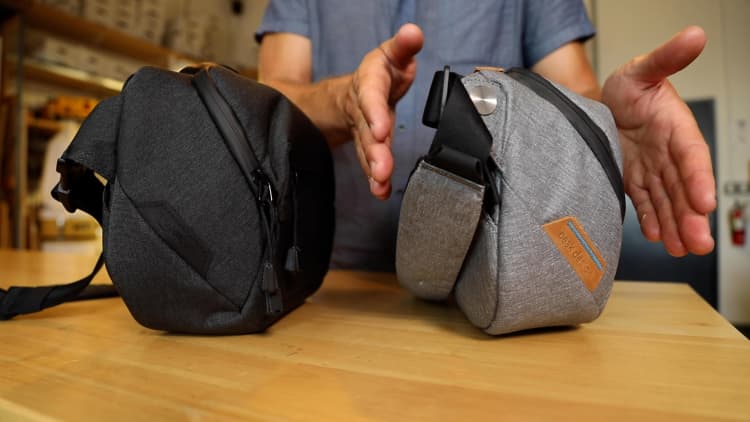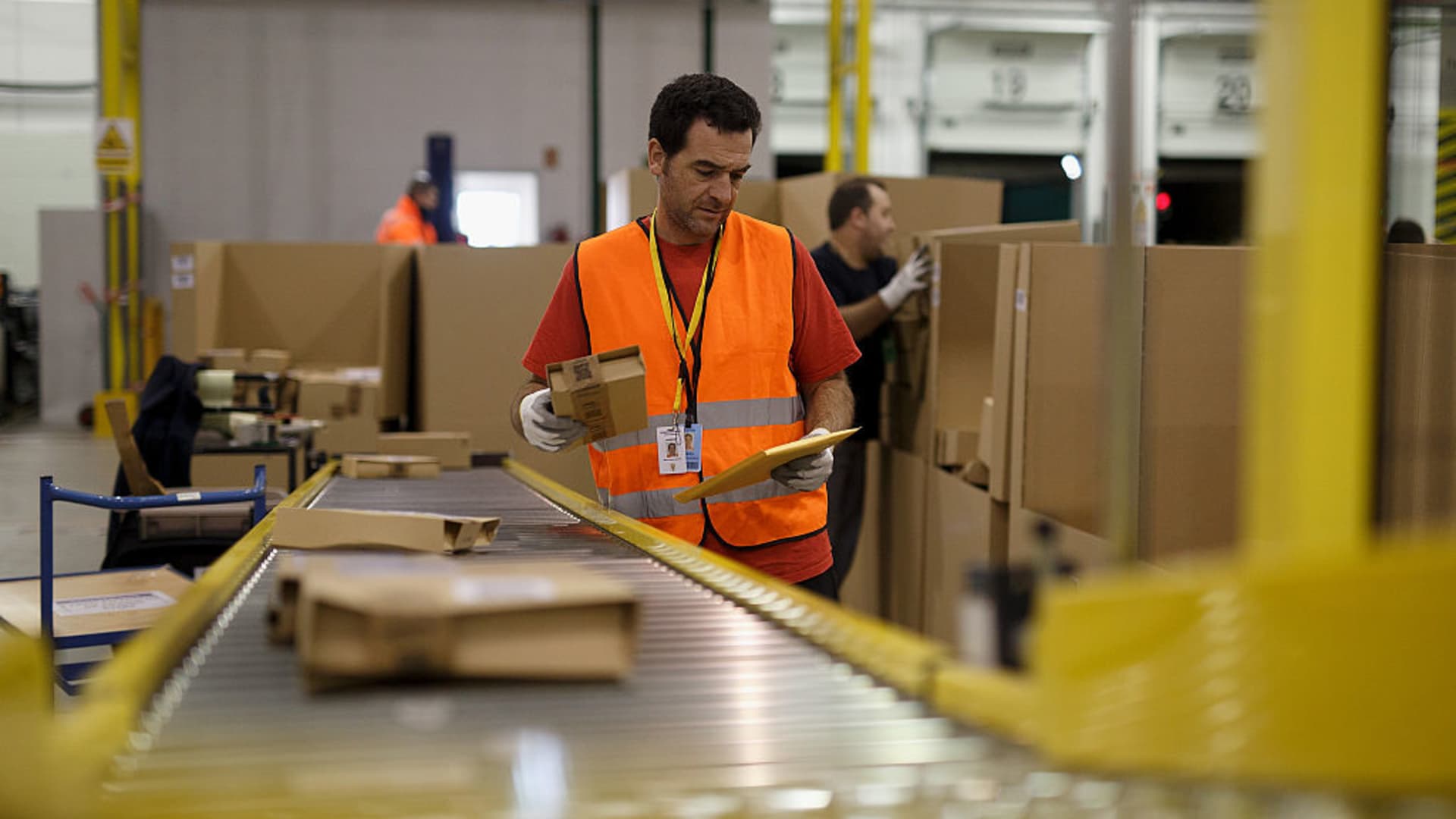An Amazon warehouse
Getty Images
Amazon is implementing a new fee for third-party sellers who choose to ship their own products rather than using the company’s fulfillment services.
Starting from October 1, members of Amazon’s Seller Fulfilled Prime program will be required to pay a 2% fee on each product sold. This change was communicated to merchants in a notice last week, seen by CNBC. Previously, no such fee existed for sellers in this program.
The notice states, “We’re updating our requirements for Seller Fulfilled Prime to ensure that it provides customers with a consistent and excellent Prime experience.”
Amazon representatives have not yet responded to a request for comment. The news was first reported by Bloomberg.
The SFP program, launched in 2015, allows third-party merchants to sell their products with the Prime badge without using Amazon’s fulfillment services, known as Fulfillment By Amazon. Although the program hasn’t attracted as many users as FBA, sellers are expected to meet Amazon’s Prime delivery standards, such as fast shipping and weekend service. Amazon reopened sign-ups for the invite-only program in June 2023, after suspending enrollment in SFP back in 2019.
In addition to the new fee, Amazon already charges sellers a referral fee ranging from 8% to 15% on each sale. Sellers also have to pay for warehouse storage, packing and shipping, and advertising fees.
Amazon’s marketplace has been under scrutiny from antitrust investigators in the U.S. and other countries. Many believe the company leverages its power to put pressure on the merchants using its platform. Regulators are examining whether Amazon coerces sellers into using its services in exchange for preferential treatment on the marketplace.
The fee increase coincides with reports that the Federal Trade Commission is preparing to file a long-awaited lawsuit against Amazon this month. The agency has been investigating the company on various fronts, including its treatment of sellers on the marketplace, which now accounts for around 60% of its total retail sales.
Amazon has strongly denied the accusations made by regulators. In a blog post on Monday, the company argued that sellers continue to choose its expansive marketplace “because it offers great value.”
“These optional paid services are not necessary for success in the Amazon store – some independent sellers run successful businesses without them. However, many sellers choose to use these services because they provide impactful opportunities to drive business growth at a lower cost,” wrote Dharmesh Mehta, Amazon’s Vice President of Worldwide Selling Partner Services, in the blog post.
WATCH: How Amazon’s private-label business is growing and how small brands are protecting themselves against counterfeit products.

Denial of responsibility! VigourTimes is an automatic aggregator of Global media. In each content, the hyperlink to the primary source is specified. All trademarks belong to their rightful owners, and all materials to their authors. For any complaint, please reach us at – [email protected]. We will take necessary action within 24 hours.


